15 Must-Watch Pyschological Thriller Movies By Alfred Hitchcock, Ranked

The Man Who Defined A Genre
Alfred Hitchcock laid the foundation for a genre that’s incredibly sophisticated, full of suspense, and designed to take viewers on a dreadful rollercoaster of life—one where they question reality and grow skeptical of what they see. These are some of the most celebrated movies from the master of suspense himself.
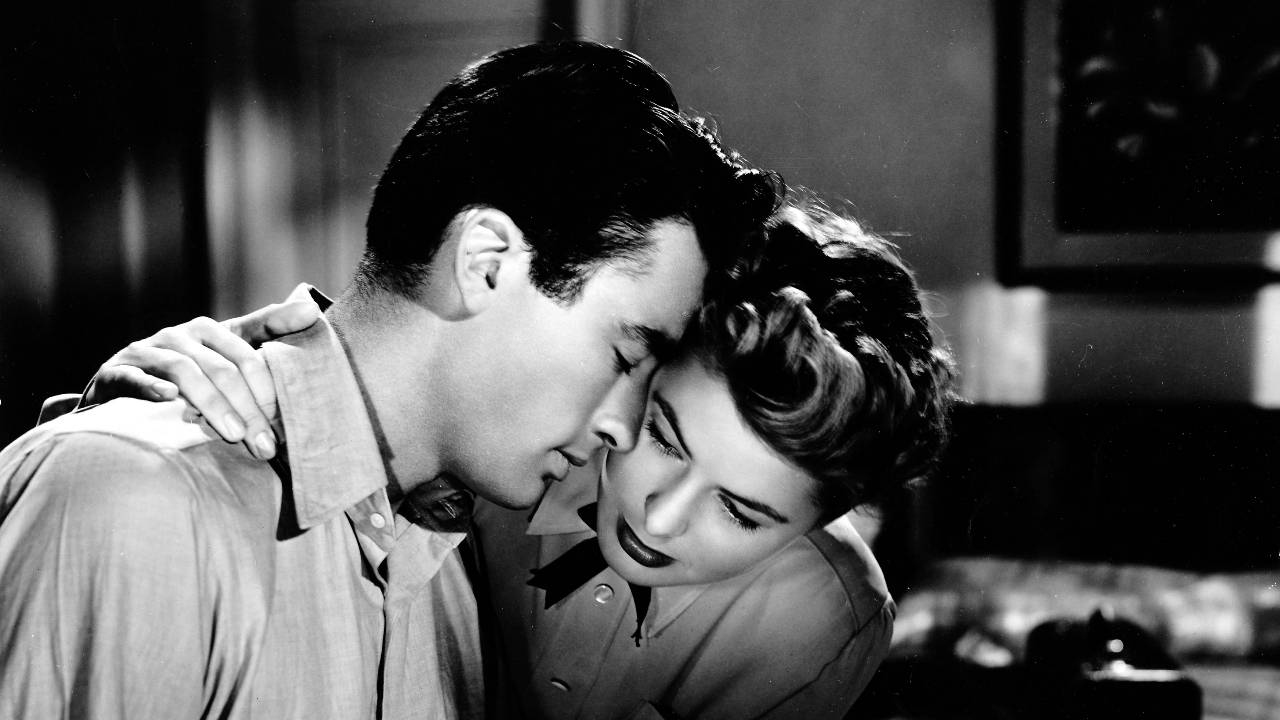
15. Spellbound (1945)
A psychological thriller ahead of its time, Spellbound delves into Freudian psychoanalysis as Ingrid Bergman’s doctor tries to unlock the repressed memories of Gregory Peck’s amnesiac. While the psychology may feel dated today, the film remains a taut, stylish thriller and most famous for its stunning, surreal dream sequence designed by the one and only Salvador Dalí.
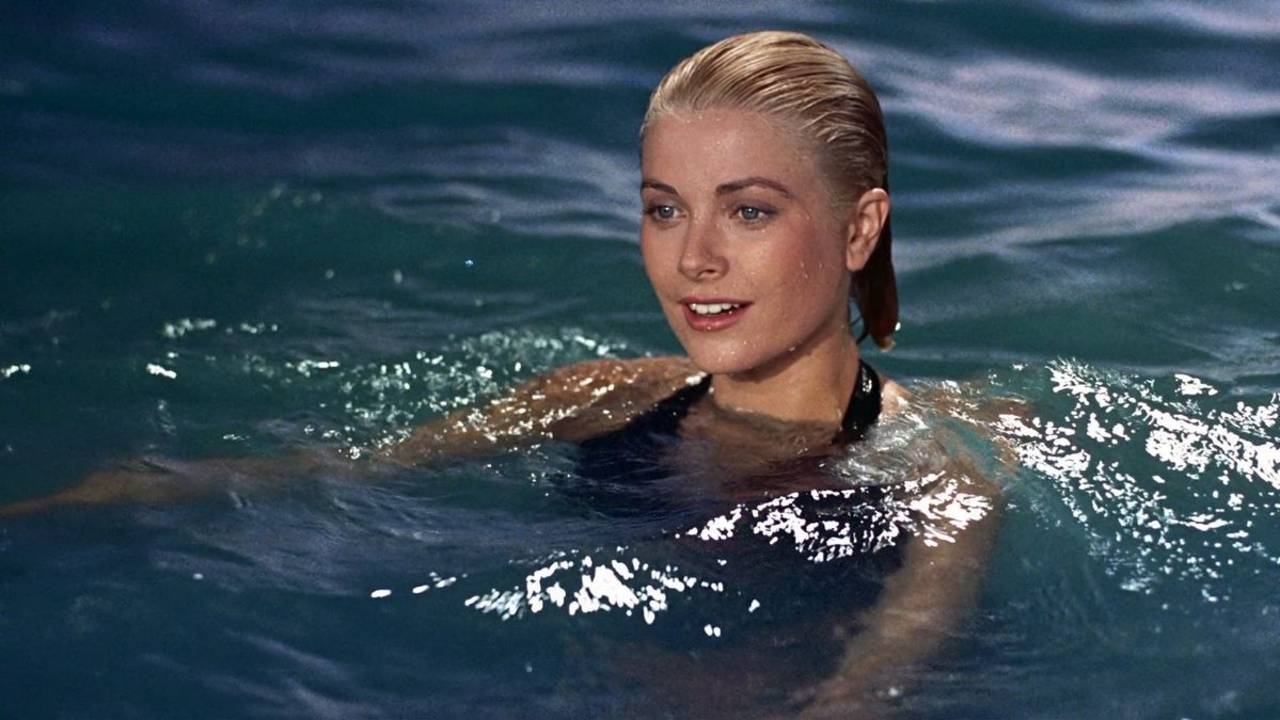
14. To Catch a Thief (1955)
This is Hitchcock at his most glamorous and playful. Cary Grant stars as a retired cat burglar and Grace Kelly as the stunning heiress, set against the sun-drenched, luxurious backdrop of the French Riviera. It’s less a dark thriller and more a sparkling, witty, and visually gorgeous caper, powered by the unmatched charisma of its two leads.
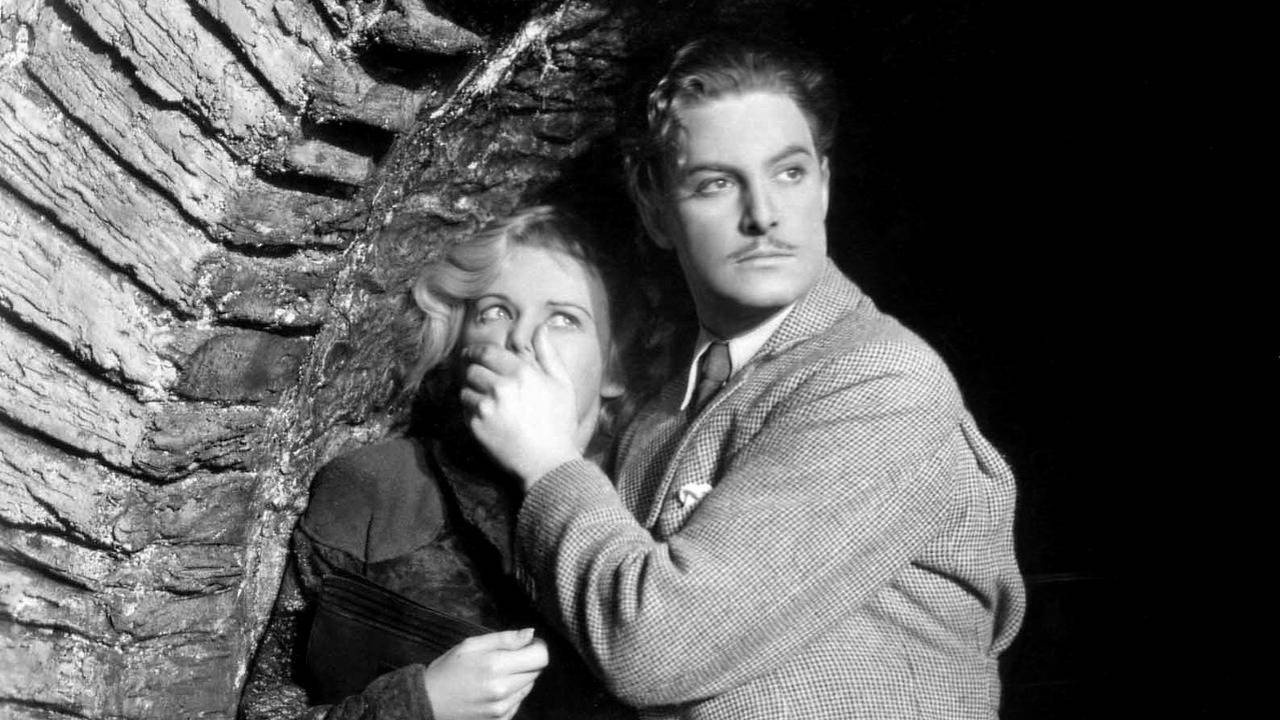
13. The 39 Steps (1935)
This film arguably invented the Hitchcockian thriller as we know it. From his British era, this masterpiece established the "wrong man" trope where an ordinary, charming hero (Robert Donat) is accidentally swept up in a web of espionage. It’s a relentless, witty, and brilliantly paced cross-country chase packed with now-classic set pieces.
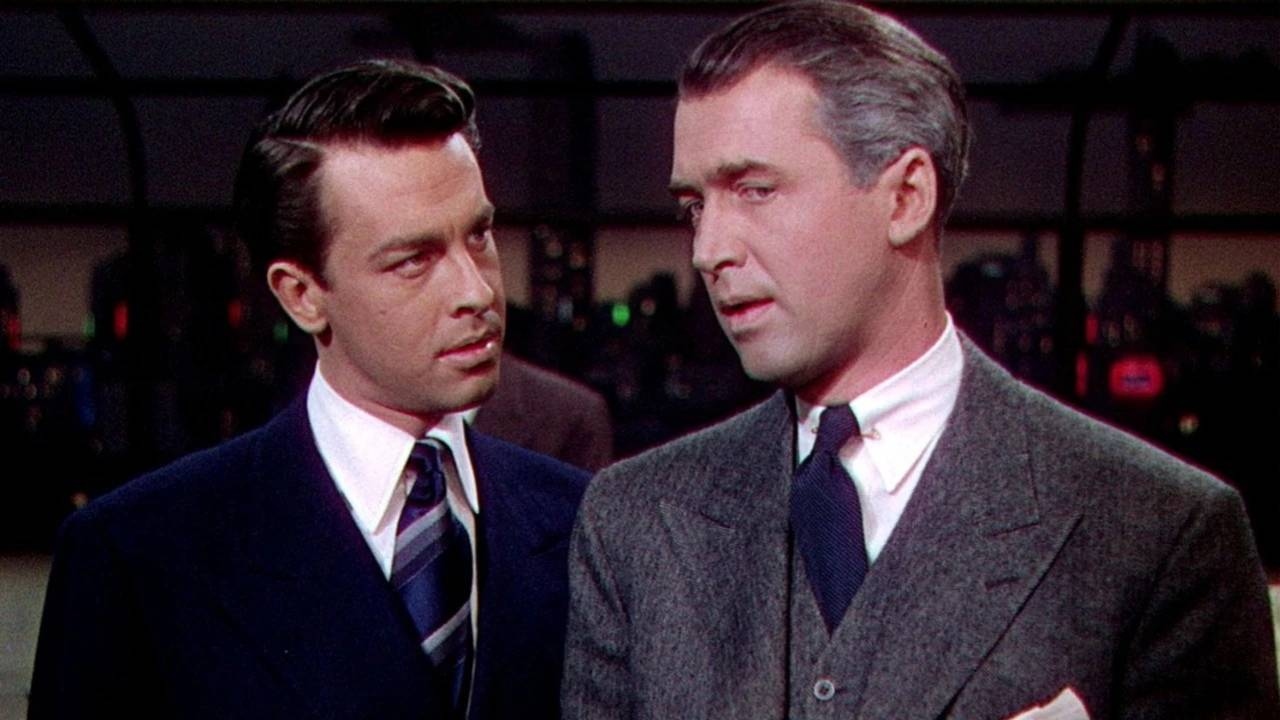
12. Rope (1948)
One of Hitchcock’s boldest technical experiments, Rope is a thriller told in (seemingly) one continuous, unbroken take. The story about two arrogant students who murder a friend for the intellectual thrill of it, then host a dinner party with the body hidden in the room is a masterclass in claustrophobic, real-time tension.
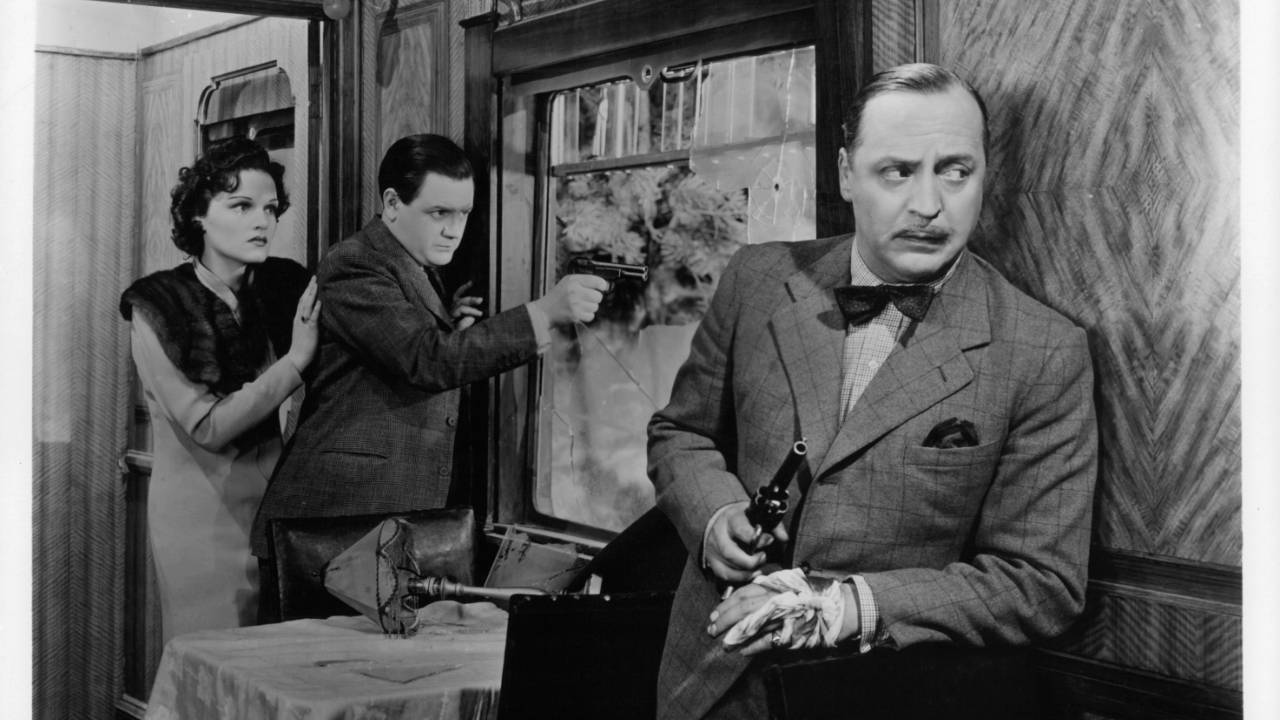
11. The Lady Vanishes (1938)
A perfect blend of suspense, comedy, and mystery, this marks one of the high points of Hitchcock’s British period. A young woman on a train becomes convinced that an elderly lady she was just speaking to has disappeared, but every other passenger denies she ever existed. It’s a brilliantly crafted, tightly plotted “gaslighting” mystery on wheels.
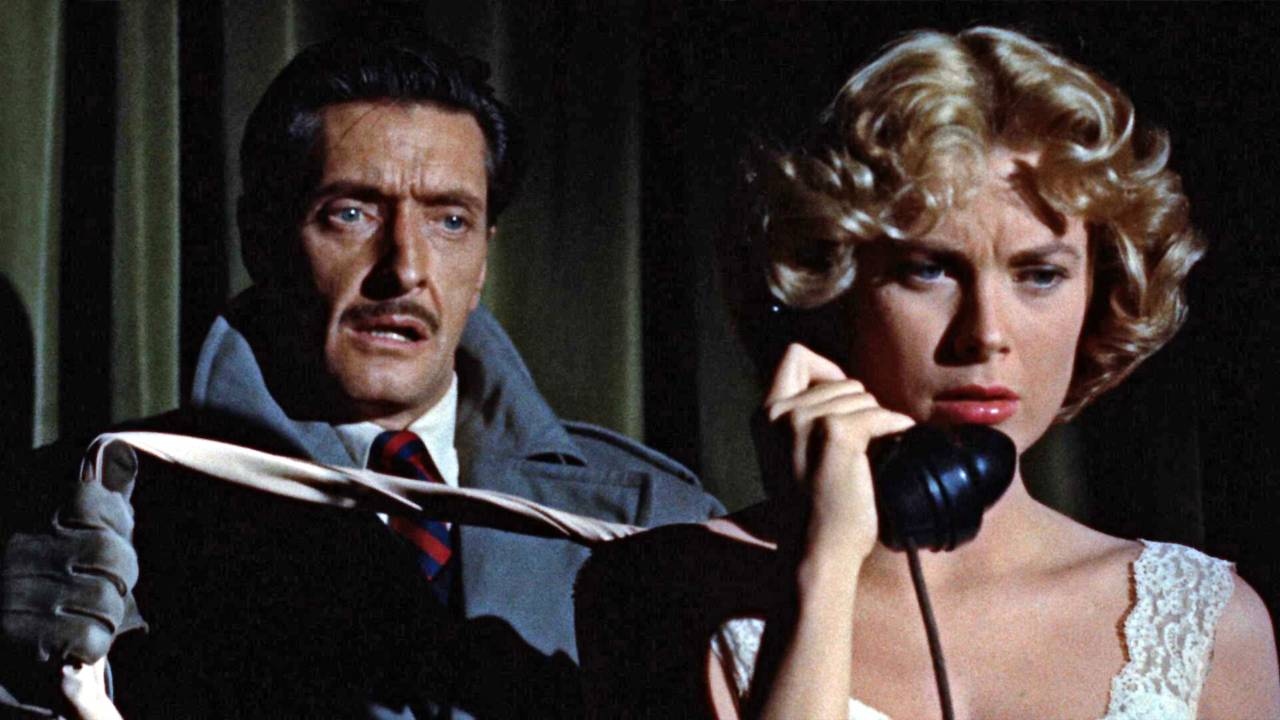
10. Dial M for Murder (1954)
Mostly set in a single London apartment, this film is a marvel of confined tension. Ray Milland plays a man who meticulously plans the "perfect" murder of his wife (Grace Kelly), only for the plan to go spectacularly wrong. The film then twists into a brilliant tactical chess match between the husband, the wife, and the detective.
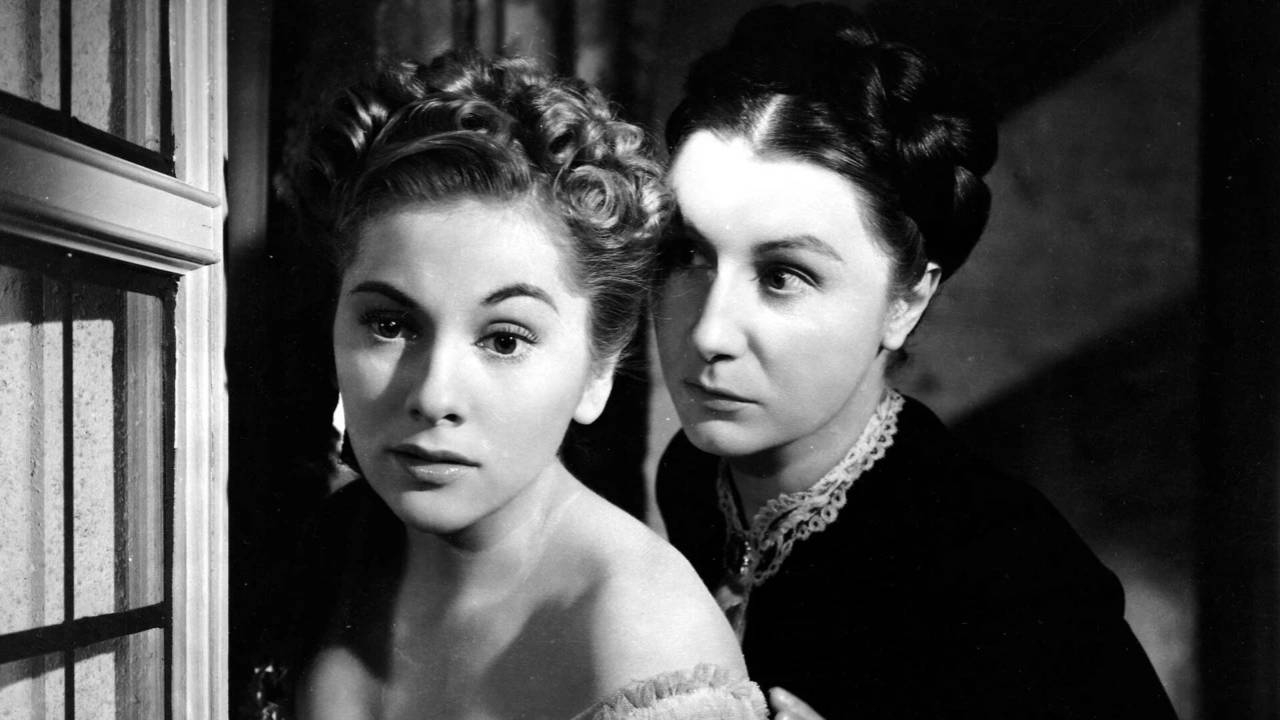
9. Rebecca (1940)
Hitchcock’s first American film and his only one to win the Oscar for Best Picture. It’s a haunting, gothic romance adapted from Daphne du Maurier's novel where the true villain is the memory of the titular character, the deceased first wife of a brooding aristocrat. It’s a beautifully crafted psychological “ghost story,” where the house itself feels like a tomb.
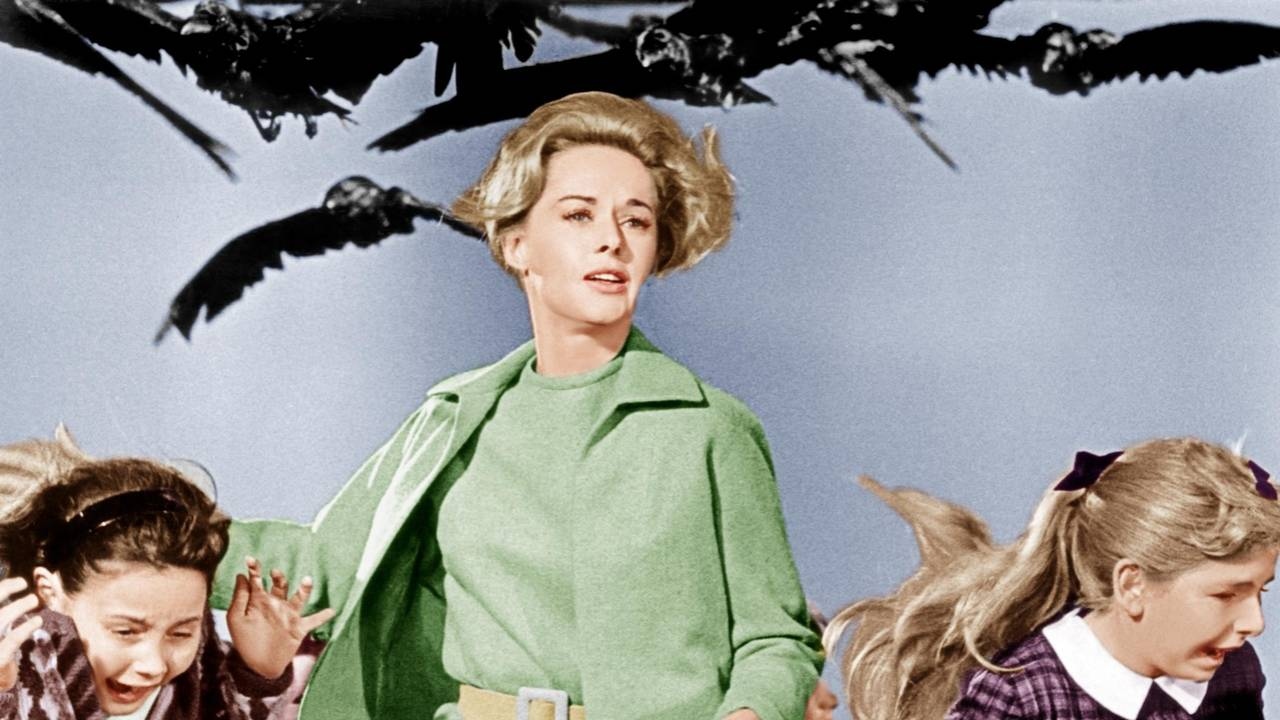
8. The Birds (1963)
A masterpiece of pure, unexplained apocalyptic horror. Hitchcock takes something as mundane as birds and turns them into a terrifying, organized force of nature. With groundbreaking special effects and a revolutionary soundtrack that uses only electronic bird sounds (and silence), this film is a relentless, surreal, and disturbingly modern nightmare.
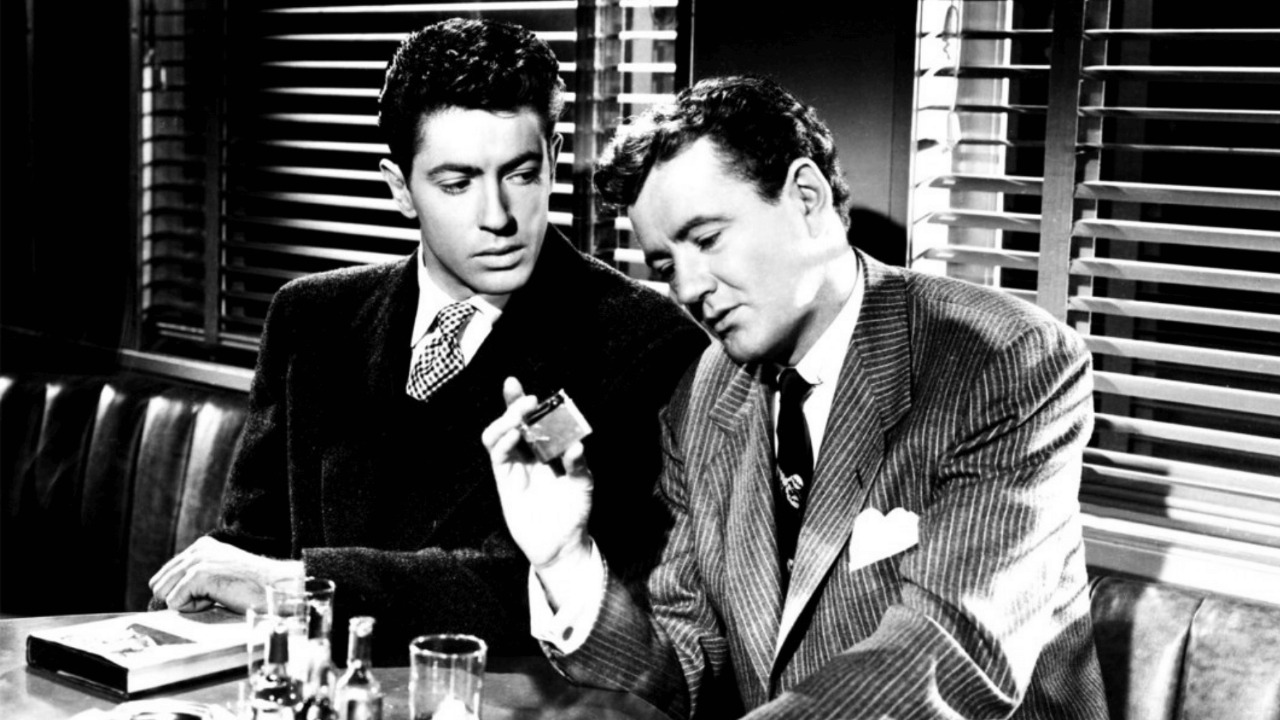
7. Strangers on a Train (1951)
This film features one of the greatest “what if” premises in cinema history. A sociopath (Robert Walker, in a chillingly charming performance) suggests he and a tennis star (Farley Granger) “swap” murders. It’s a brilliant study of duality and transferred guilt, culminating in one of the most suspenseful and iconic climaxes of Hitchcock’s career—a fight on an out-of-control carousel.
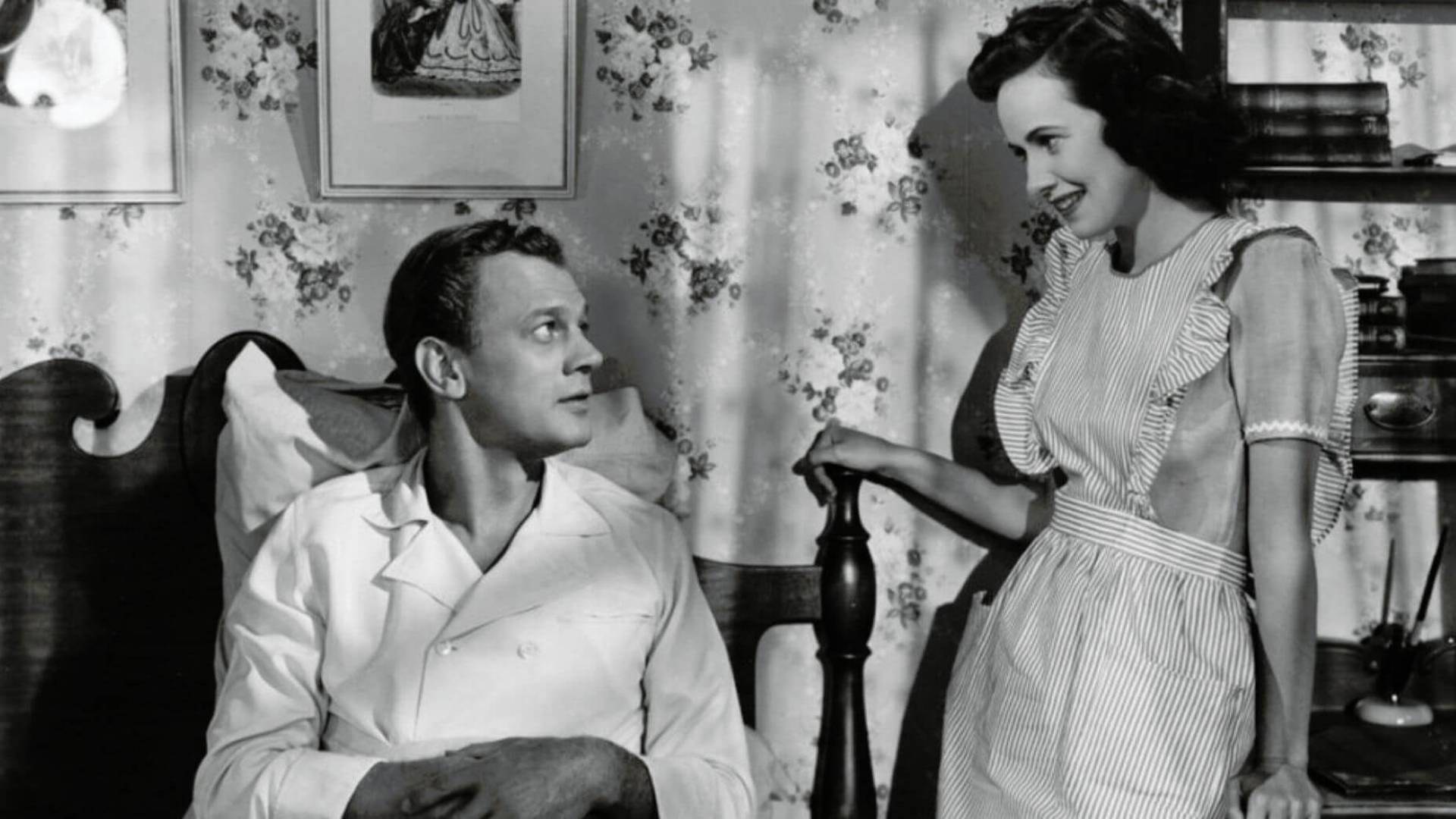
6. Shadow of a Doubt (1943)
Hitchcock’s personal favorite among his own films. This is the quintessential “evil in the suburbs” story. A charming, beloved uncle visits his family in a perfect small town, but his adoring niece slowly begins to suspect he’s a serial killer. The suspense builds through their intimate psychological battle of wits within the family home.
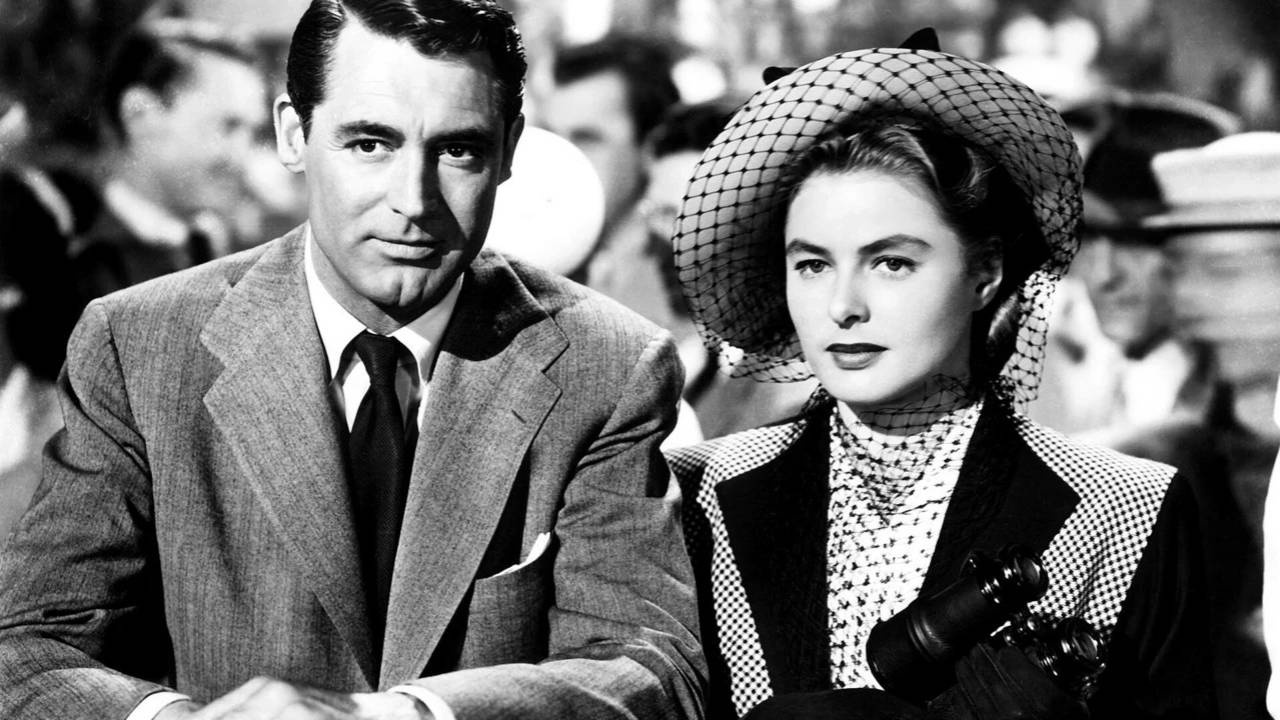
5. Notorious (1946)
One of Alfred Hitchcock’s most mature, dark, and romantic works. Ingrid Bergman plays the “notorious” daughter of a spy, recruited by a cold government agent (Cary Grant) to seduce a Nazi (Claude Rains) in post-war Brazil. It’s a masterpiece of suspense, centered not on a bomb but on a simple key to a wine cellar, and features one of the most famous, passionate (and rule-bending) kisses in cinema history.
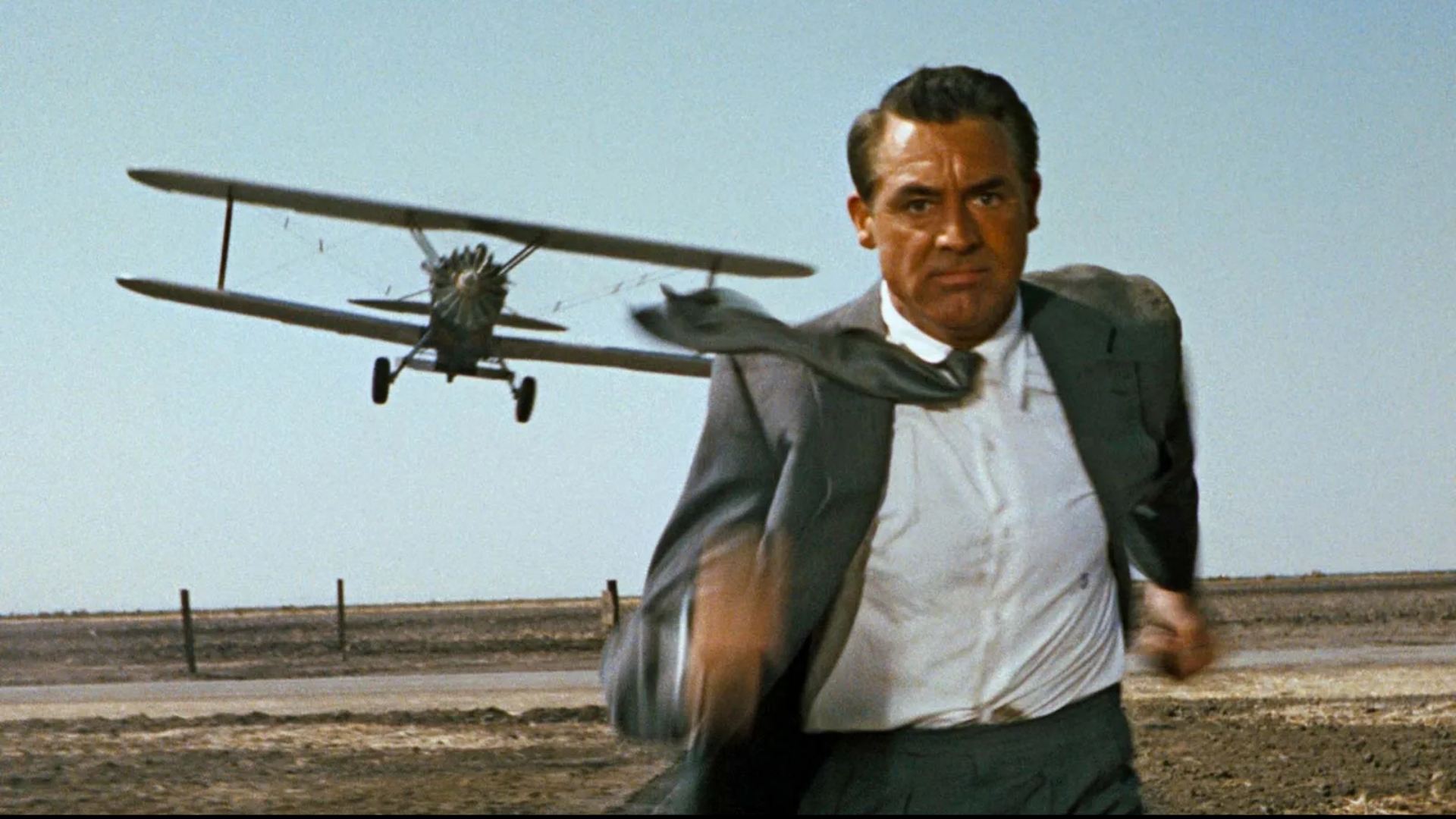
4. North by Northwest (1959)
The ultimate “wrong man” thriller and one of the most entertaining films ever made. Cary Grant’s suave ad man is mistaken for a government agent, sending him on a breathless, cross-country chase. Featuring a perfect MacGuffin (government secrets), a classic “icy blonde,” and iconic set pieces (the crop duster, Mount Rushmore), this is Hitchcock at his most confident and exhilarating.
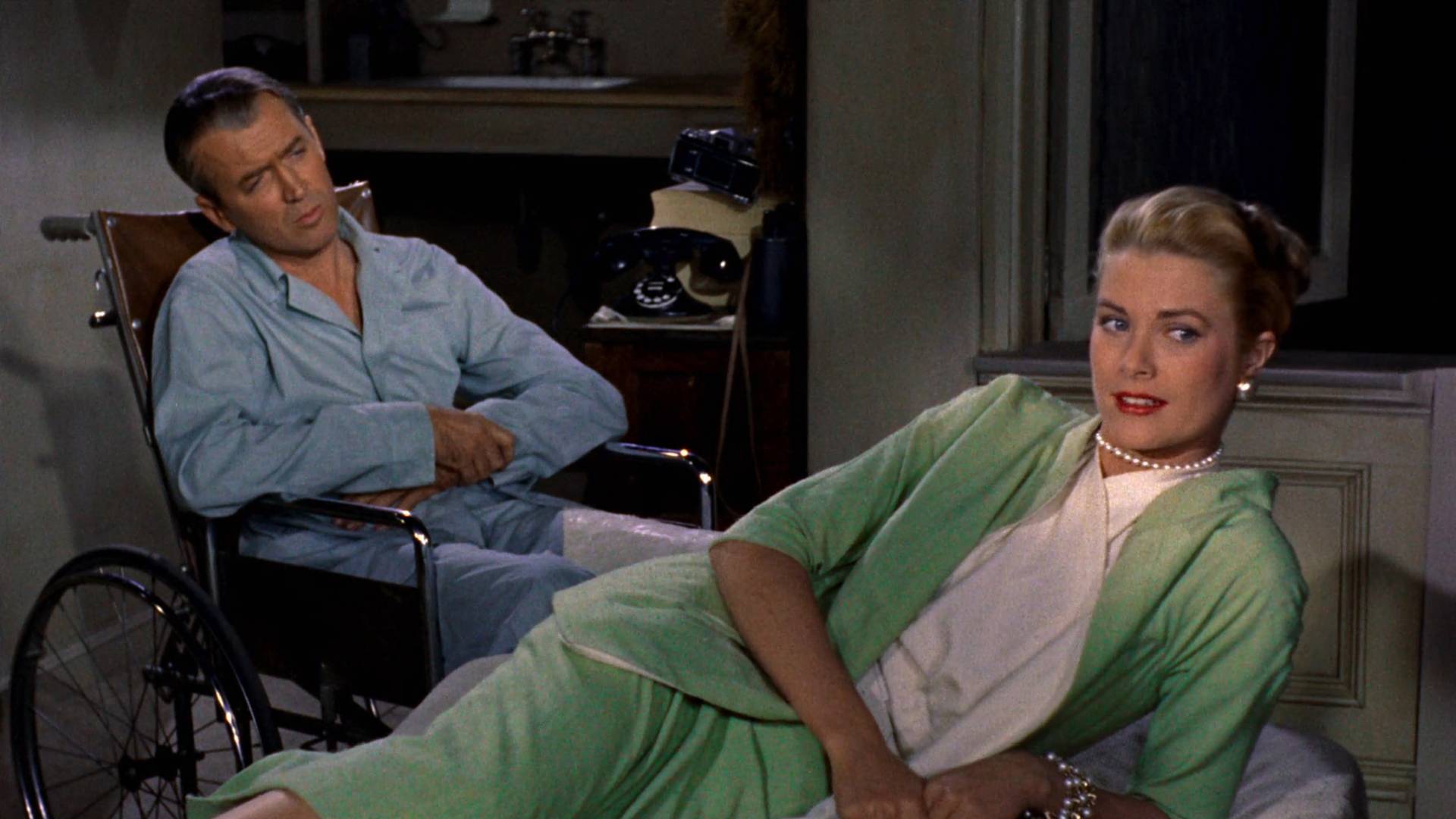
3. Rear Window (1954)
The perfect distillation of the Hitchcockian experience. A man in a wheelchair, confined to his apartment, passes the time by spying on his neighbors. He’s the ultimate voyeur and we, the audience, are his accomplices. When he suspects a murder, the film becomes an almost unbearably tense exercise in suspense, as he’s powerless to act when the danger finally looks back at him.
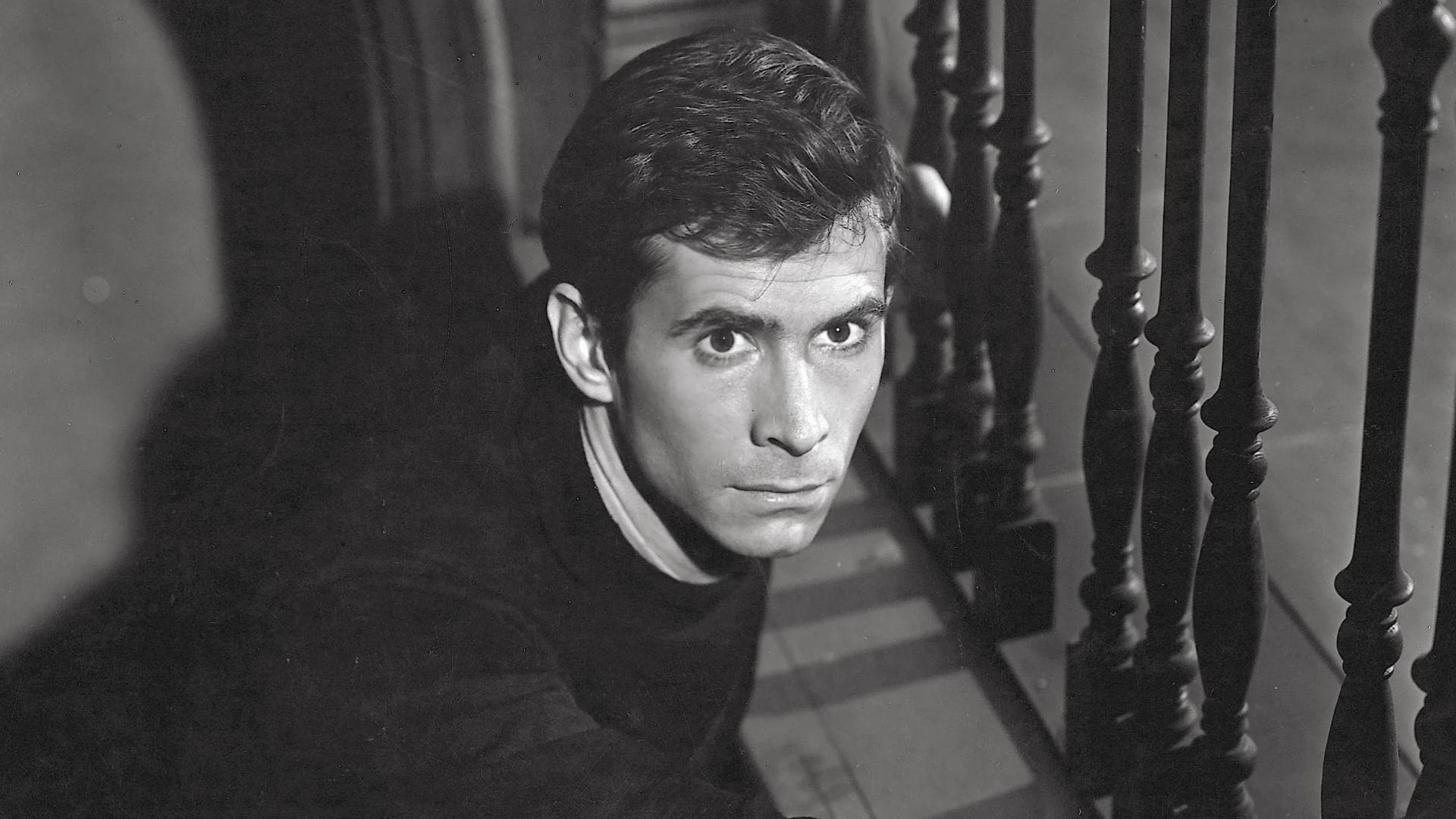
2. Psycho (1960)
The film that shattered cinematic rules and shocked the world. Hitchcock uses voyeurism to make the audience complicit from the very first scene, then pivots the narrative with a shocking mid-film murder. The rest unfolds as a masterful exercise in pure suspense and psychological terror, proving the monster isn’t a ghoul, but the boy next door.

1. Vertigo (1958)
The ultimate masterpiece of psychological obsession. This is Hitchcock’s most personal, beautiful, and devastating film. James Stewart plays a detective retired due to acrophobia, who becomes obsessed with a mysterious woman. After her tragic death, he meets another woman and obsessively tries to remake her in the dead woman’s image. It’s a haunting, dreamlike exploration of guilt, voyeurism, and romantic fixation that defines the genre.

